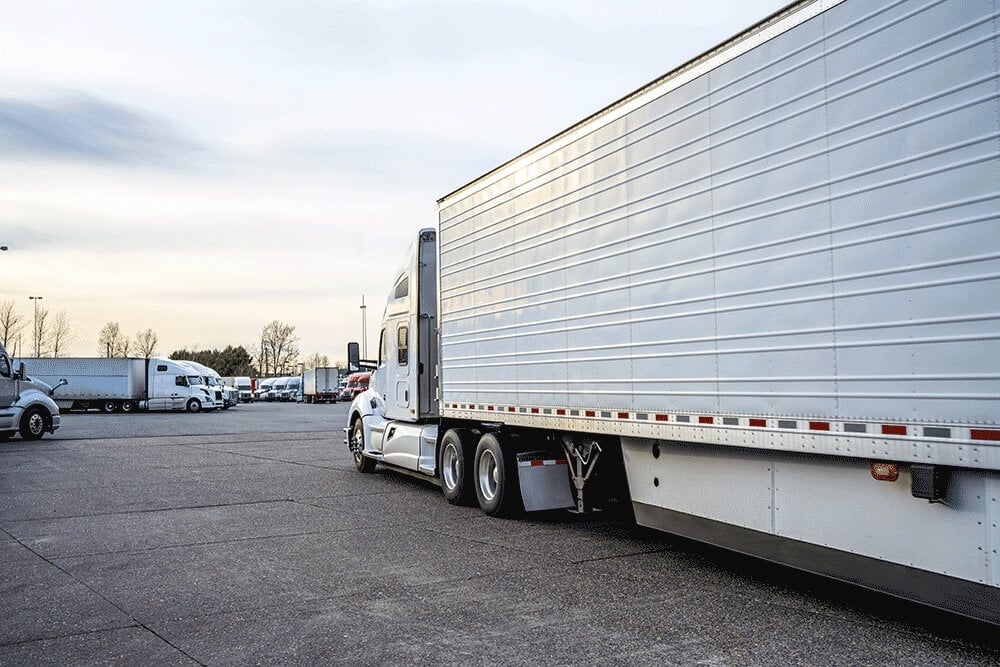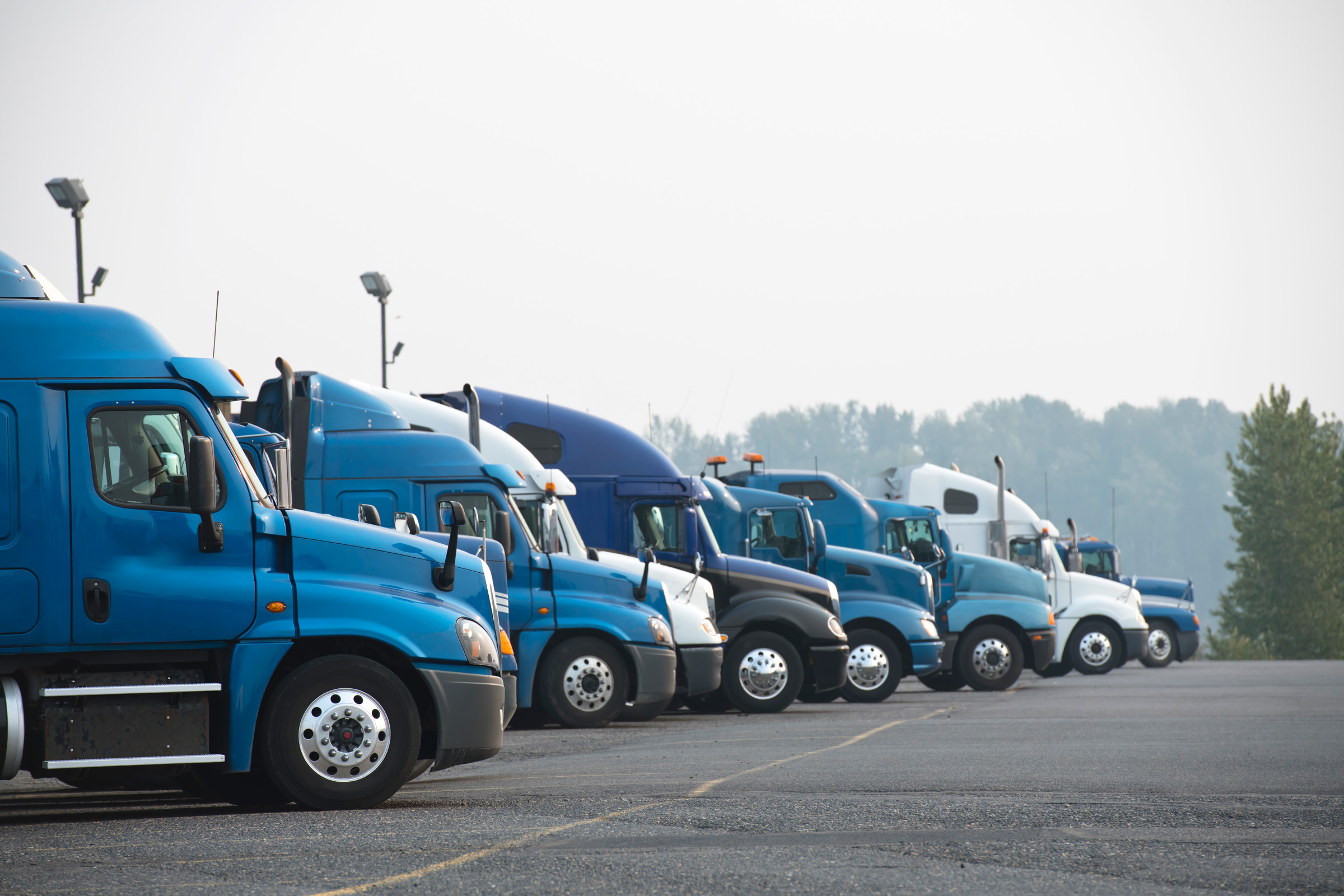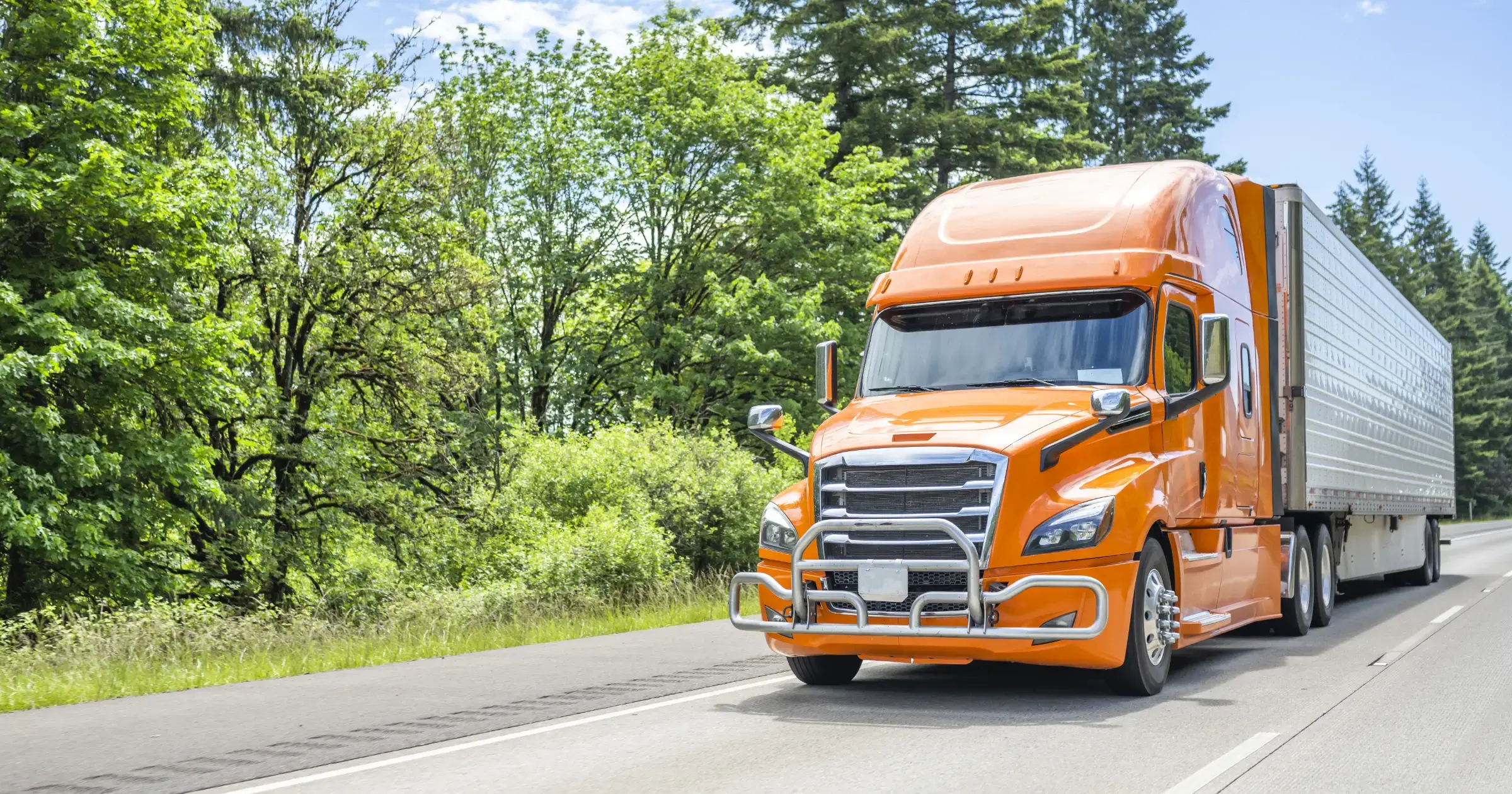ATA issues Recommendations for Drivers in Areas of Unrest

The ongoing protests across our nation have put the trucking industry and professional drivers on the frontline once again. Remaining safe and secure is the number one priority, and taking proper precautions when operating in these areas can protect drivers.
While it is impossible to plan for each situation, there are key safety and security measures professional drivers can take when operating in areas with potential unrest. Below is a list of recommended practices to help professional drivers remain safe and secure:
- Immediately report any emergency situation to local law enforcement by calling 911.
- Avoid areas of unrest. Exercise caution when in the vicinity of any large gatherings, protests, or demonstrations.
- Plan for road closures. If your route brings you through an area that has seen protests, check the local news, with your dispatcher, or with the safety department to make sure interstates and roads along the route are open and the area you are delivering to is safe.
- Contact the delivery location for current and timely situations and conditions. Traffic conditions are constantly changing.
- Remain in regular communication with your dispatcher to provide travel updates.
- Plan ahead to try to make deliveries in areas of unrest during the day. If traveling at night, park in well-lit, safe areas.
- Assess every situation prior to exiting the cab of your truck. If danger or exposure to large gatherings in the form of protest exist, abort delivery operations.
- Conduct thorough pre-trip inspections before departing domiciled locations; eliminate maintenance breakdowns from the equation.
- Always keep doors locked and windows closed. Remove keys from unattended vehicles and ensure trailer locking and latching mechanisms are functioning properly.
- If you encounter a gathering, stop your vehicle and do not drive through. Avoid any interaction and do not provoke the group.
- If available, utilize your in-cab camera in an unsafe situation to document your surroundings.
- Maintain continuous contact with your dispatcher and safety department for specific operating procedures and follow company policy.
Used with permission from American Trucking Associations.
© Great West Casualty Company 2020. The material in this publication is the property of Great West Casualty Company unless otherwise noted and may not be reproduced without its written consent by any person other than a current insured of Great West Casualty Company for business purposes. Insured should attribute use as follows: “© Great West Casualty Company 2020. Used with permission by Great West Casualty Company.”
This material is intended to be a broad overview of the subject matter and is provided for informational purposes only. Great West Casualty Company does not provide legal advice to its insureds, nor does it advise insureds on employment-related issues. Therefore, the subject matter is not intended to serve as legal or employment advice for any issue(s) that may arise in the operations of its insureds. Legal advice should always be sought from the insured’s legal counsel. Great West Casualty Company shall have neither liability nor responsibility to any person or entity with respect to any loss, action, or inaction alleged to be caused directly or indirectly as a result of the information contained herein.




